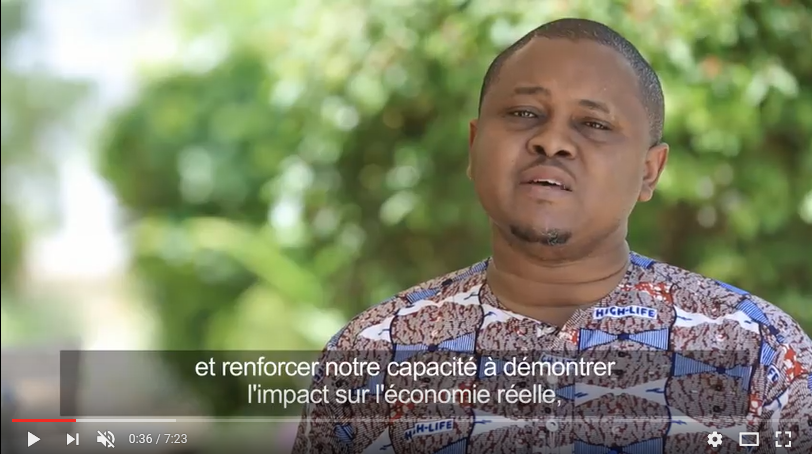The Future of MicroLead
The MicroLead programme wraps up at the end of 2017. And now, we’re busy disseminating the lessons we’ve learned in financial inclusion and rural small-balance savings mobilization through our workshops, digital finance toolkits and partner case studies.
But work remains to be done.
The Global Findex data shows that access to financial services has increased from 51% of the adult population in 2011 to 62% of the adult population in 2014. This increase is attributed to innovations in service delivery, digital financial services and mobile money.
However, according to the same data:
- In Sub Saharan Africa, only 24% of the rural population and 25% of women have access to financial services;
- 2/3 of the adult population in developing countries has no access to financial services;
- The gender gap in financial inclusion has remained constant at 9%;
- 70% of the world’s poor live in rural areas and majority of them are women; ¾ of the world’s poor do not have bank accounts due to the costs and mobility issues.
Digital Inclusion for Women’s Empowerment, or DIWE, plans to carry forward the lessons from MicroLead and further expand access to the unbanked, especially to rural women. Through a myriad of partners, DIWE will work in 14 countries and directly provide access to financial services to one million rural women. Through its policy and knowledge brokerage, DIWE will also influence other digital financial service providers (DFSPs), indirectly reaching an additional 2,000,000 rural women.
Access to savings is one of the most effective interventions for women’s economic empowerment. However, barriers impede financial institutions in providing services to rural populations, particularly women. These barriers include the high cost of reaching geographically dispersed customers, the increased marketing requirements of savings products, the cost of holding low-value accounts, and the cost of servicing low-value transactions. In addition, there are agency issues faced by women that may make their access tenable. These agency issues include items such as the inability to leave the home or village, the lower likelihood of owning a phone herself (as opposed to sharing a phone), etc. We believe many of these barriers can be mitigated, for example by providing financial capacity training to clients and by leveraging technology and innovative delivery channels, such as agent networks and community-based groups to reduce FSP costs and to empower clients.
Watch the video below, and hear from our staff and partners in the field about their vision for DIWE.
Would you like to join us? Then contact Pamela Eser for more information about DIWE at: pamela.eser@uncdf.org.
About MicroLead
MicroLead is a UNCDF-managed global initiative challenging regulated FSPs to develop and roll-out deposit services which respond to the rural vacuum of services. With the generous support of the Bill & Melinda Gates Foundation, The MasterCard Foundation and the LIFT Fund in Myanmar, MicroLead works with a variety of FSPs and technical service providers to reach rural markets, particularly women, with demand-driven, responsibly priced products offered via alternative delivery channels such as rural agents, mobile phones, roving agents, point of sales devices and group linkages. This is combined with financial education, so customers not only have access but can effectively use quality services.
Follow us on Twitter @UNCDFMicroLead
